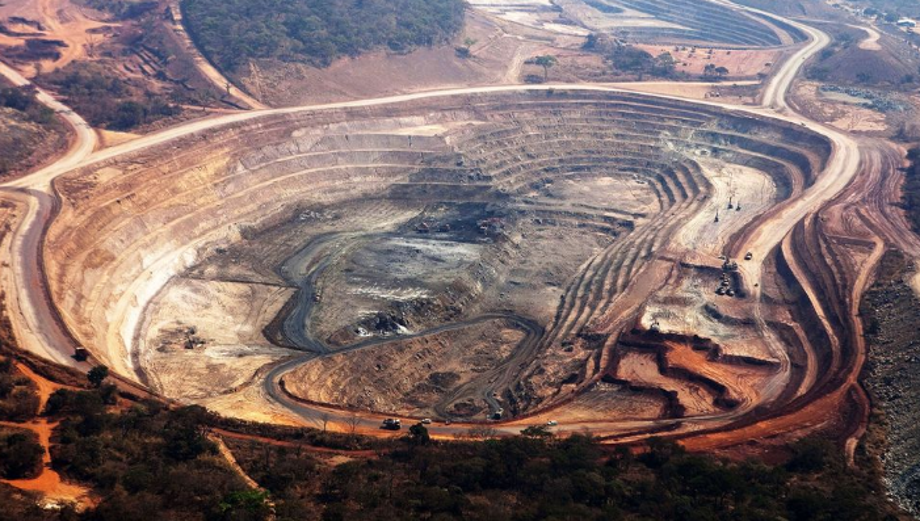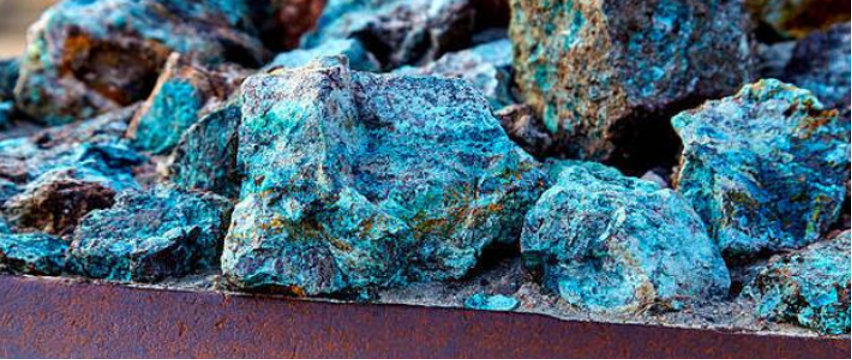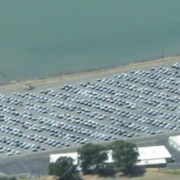The Ultimate Tech Supply Chain Shock
China is monopolizing the raw materials industry in Africa at such a fast pace that it might be a thorn in the side of American EV makers like Tesla and other US tech companies soon.
Tesla (TSLA) has decided to veer its business interests and kowtow to China and is really doubling down there with a Shanghai Gigafactory which now produces more cars than its plant in California.
Under the hood, most of the material is Chinese-made, and the minerals that power the batteries are largely refined and mined by Chinese companies.
As the world adopts EVs, companies are desperate to secure and strengthen their positions in the battery supply chain, from mineral extraction and processing to battery and EV manufacturing.
Vertical integration is more fashionable than ever, where one company controls a number of steps along the supply chain to guarantee supply.
This is not surprising since the supply chain breakdown has forced many companies to stop production for lack of parts.
This battery arms race is being won by China.
China is the world’s biggest market for EVs with global sales of 1.3m vehicles in 2020, more than 40% of sales worldwide.
Chinese battery-maker CATL has cornered about 35% of the world’s EV battery market.
Chinese refineries supplied 85% of the world’s battery-ready cobalt last year; a mineral that helps the stability of lithium-ion batteries.
Democratic Republic of the Congo (DRC) is where most of the cobalt is found, where almost 70% of the mining sector is dominated by Chinese companies.
Meander around DRC’s southern copper and cobalt mining belt, and it looks as if you are in China.
In August, China Molybdenum Company (CMOC), a giant Chinese mining firm, announced an investment of $2.5bn to triple copper and cobalt production at its Tenke Fungurume Mine, already one of the largest in DRC.
That followed its purchase of a 95% stake in nearby Kisanfu copper and cobalt mine for $550m.
Fellow Chinese corporate giant, Huayou Cobalt has a stake in at least three copper-cobalt mines in DRC and dominates at every step of the cobalt supply chain, from mines to refineries to battery precursor and cathode production.
Some car and battery manufacturers are beginning to reduce the amount of cobalt in their batteries to de-risk themselves from China.
Nickel-rich batteries could be a solution, but the same Chinese companies that dominate cobalt mining in DRC, Huayou Cobalt and CMOC, are also cornering nickel extraction and processing in Indonesia, which has the world’s largest nickel reserves at 72m tons.
This means China is now the largest global market producer of nickel, far surpassing the efforts of Europe and the US.
In Europe too, companies are beginning to gain on China’s lead. By the end of the decade, the continent is expected to have 28 factories producing lithium-ion cells, with production capacity due to increase by 1440% from 2020 levels.
That growth is being driven by companies such as Britishvolt in Northumberland and Sweden’s Northvolt, as well as Asian firms expanding production into Europe.
European investment in mining and the production of battery and cathode materials is not keeping pace.
China is creating the equivalent of one battery Gigafactory a week compared with one every four months in the US.
A new global lithium-ion economy is being developed, and the United States lagging Europe and China means they will need to pay a premium for the raw materials in the future.
It’s almost as if the U.S. is going through a round 2 of outsourcing their rust belt manufacturing, but this time it’s Internet 3.0 manufacturing.
The U.S. has fallen asleep at the wheel and allowed China to coax itself into relevancy by undercutting global competitors, the same is happening in the raw material industry that is fundamental to the survival of the United States tech and EV prowess.
The quickness and potency of a mercantilist one-party state can be felt here as many broader issues are bogged down in the U.S. in Congress and get stuck there in perpetuity.
When allowed to flourish, US capitalism is the most mesmerizing force in global economics, but it is also prone to stumbling over itself.
Policymakers need to reroute their energies to the raw material precious metal sector to make pricing competitive for the American consumers, or the share prices of US tech companies will be hurt.
Like the supply bottlenecks caused pain for many American companies, companies like Apple (AAPL) or Dell might not be able to build smartphones and laptops without the right raw materials.
Tesla might not be able to build a car anymore without bowing down to the Chinese forces.
Don’t be surprised in a few years if tech companies need to halt production due to China not selling certain parts to certain countries, this could be the next battleground between the United States and China.




